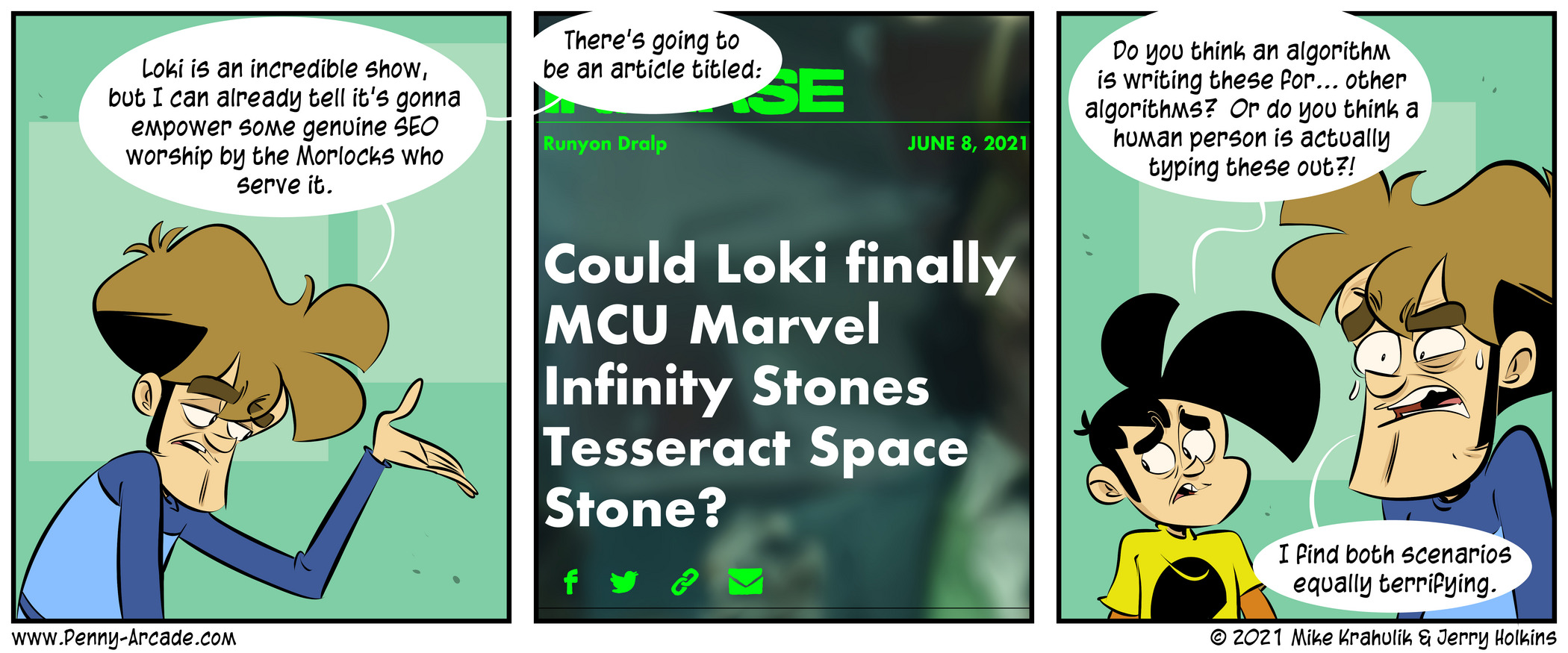Thinking outside the pants
Thomas Clayburn, "Realizing this is getting out of hand, Coq mulls new name for programming language", The Register 6/15/2021:
After three decades, Coq, a theorem-proving programming language developed by researchers in France, is being fitted for a new name because it has become impossible to ignore that it sounds like bawdy English slang.
Once referred to as CoC, short for Calculus of Constructions, the programming language became Coq when work on version 5 began in 1989.
The name – according to software engineer Théo Zimmermann's initial entry to the Coq GitHub wiki on April 6 – is a reference to the French word for "rooster," to the Calculus of Constructions, and to the contributions of Thierry Coquand, one of the creators of the language.
Coq also happens to sound like "cock," which while it means both "a male rooster" and "to tilt," can be used informally to refer to the male anatomy. And for some people, that deters community participation.
"This similarity has already led to some women turning away from Coq and others getting harassed when they said they were working on Coq," the project wiki, last updated on Friday, explains. "It also makes some English conversations about Coq with lay persons simply more difficult."
Read the rest of this entry »


